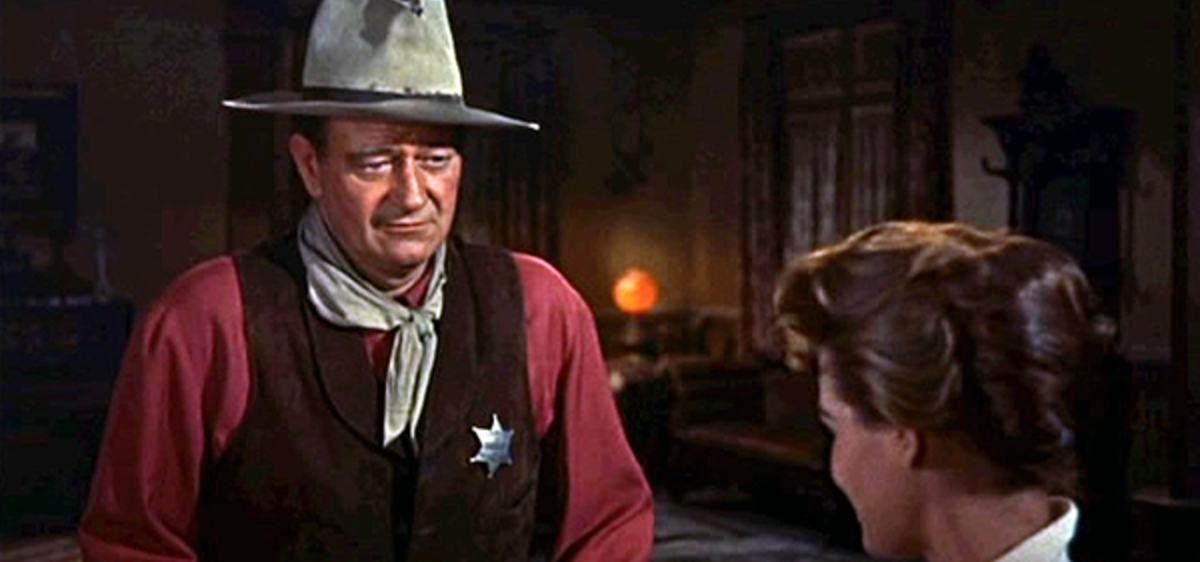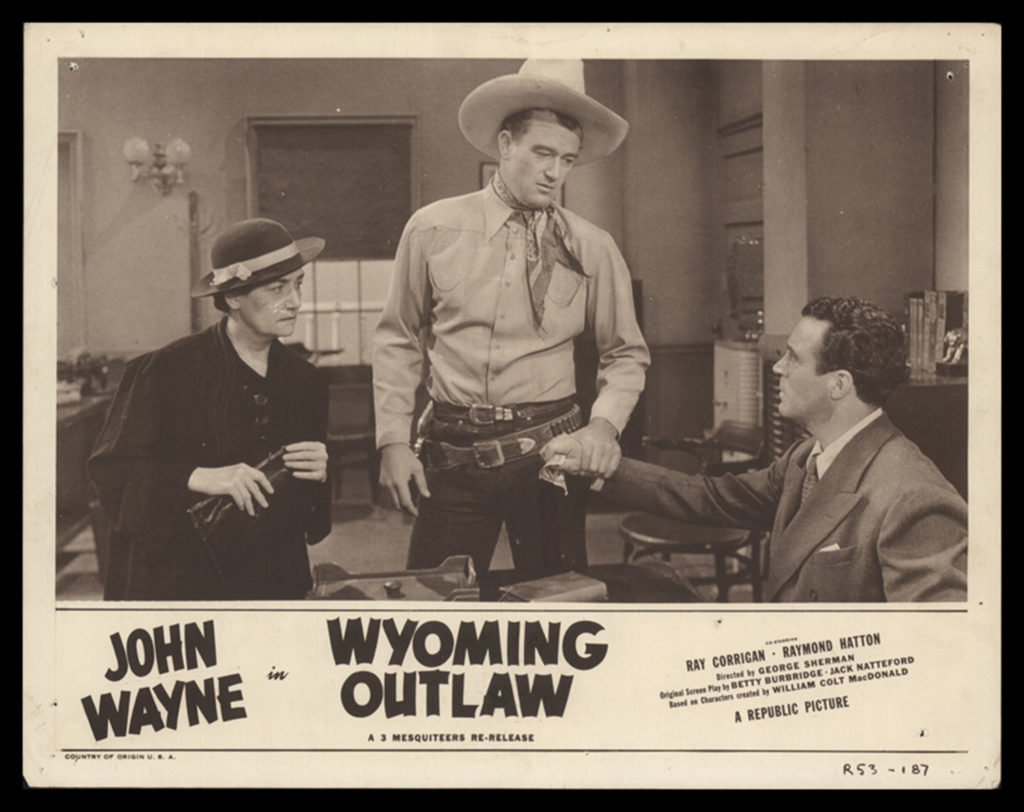
You may not have heard, but the 500th anniversary of the unofficial start of the Protestant Reformation happened recently. Praise of Luther and his theology took my Twitter feed by storm as every theology nerd weighed in on the merits of Luther and the significance of the Reformation. This post aims to assess one of Luther’s central themes—his theology of Law and Gospel—and the relative value of his reading of Paul. Some find a great deal to appreciate about Luther’s reading of Paul, while others find less textual support.
The Law and the Gospel, for Luther, constitute the two realms of God’s activity to kill and make alive, the left and right hands of God, respectively. The letter (the Law) kills, but the Spirit (the Gospel) makes alive. The Law and the Gospel work in concert with one another to continually bring one to Christ. Because of the sinful plight of humanity, righteousness is attained not by following the Law (or any other good works), but only through faith in Christ. In submitting oneself to the judgment of the Law, the illusion of self-justification is exposed, thereby creating a space in which the Gospel can be heard as good news. Luther writes: “having been brought to knowledge of himself through the Law, [the individual] might seek the hand of a merciful God” (LW 27:269). Guilt, through the accusation of the Law, precedes the word of grace. The believer is therefore continually freed from the judgement of the Law by the imputation of Christ’s righteousness.


In the hands of Luther, the Law becomes both universal and persistently operative in its second use. Understanding the Law to be the Creator’s demand for good works, the movement from Law to grace becomes the repeated pattern for the life of the persistently sinful Christian who lives a divided life within an apocalyptic battlefield: “Christian righteousness applies to the new man, the righteousness of the Law applies to the old man, who is born out of flesh and blood” (LW 26:7). The Law was given to threaten death and accuse while Christ frees one to love by the Spirit: “when the Law accuses and sin troubles, he looks to Christ” (LW 26:134). Thus, it is vastly important for Luther to not confuse Law for Gospel or Gospel for Law. To mix these together is to rob both of their respective power, making the Law achievable or perverting the Gospel into another Law to follow.
Turning to Paul, the polarity between the Law and the Gospel (or, faith in Christ) is central, yet for different reasons than Luther. For Paul, the contrast between Law and faith finds its basis in two irreconcilable “patterns of religion”(cue E.P. Sanders). The ways of Law and faith both promise life to the individual. The Law promises life to those who do the Law (Lev. 18:5), while the Gospel is the promise of life given precisely to the ungodly who is then righteous by faith (Hab. 2:4, texts cited by Paul in Rom. 1:17, 10:5 Gal. 3:11-12). Since the promise of life through faith is true, the promise of life through the Law is false. One is either a child of promise (Sarah), or a child of Law/slavery (Hagar), as Paul outlines in Galatians 4:24-31. The basis for this antithesis also rests upon Paul’s anthropological pessimism (well articulated by Luther). The promise of the Law conditionally prioritizes human agency that does the Law. But for those subdued by power of sin (i.e. everyone), the Law becomes the opposite of what it promises—an instrument of death (cf. 2 Cor. 3:6, Rom. 7).
 Accordingly, Paul’s soteriology has little use for the Law. Instead of a movement from Law to grace, the Christian has moved from sin/death/unrighteousness to life/righteousness by grace through faith in Christ (Rom. 5). Paul’s thesis that “by works of the law, no one is justified” serves to underscore his greater point that “all have sinned” and no one is righteous apart from Christ (Rom. 3:20-24). Through his foundational citations of the Abraham story, Paul establishes that the righteousness of the ungodly through faith is given apart from the Law’s (temporary) existence (Rom. 4:5, Gal. 3:17). For Paul, the Law is only “used” by sin: “the sting of death is sin, and the power of sin is the Law” (1 Cor. 15:56). To speak of a “use of the Law” at all is to reintroduce the Law as a measure of one’s worth before God, the very thing that Paul is so angry about in Galatians. The believer is not under Law, but grace (Gal. 5:18, Rom. 6:14). For Paul, the Law has ceased to function as the communal norm of morality. Instead, it is the Spirit which both enables and guides the believer to live in accordance with the grace of Christ (Gal. 5:25-6:2). It’s not that Paul does not believe in ethics, only that his ethics are essentially Christological (Rom. 13:14, 14:18, 15:7, Phil. 2:5, 2 Cor. 8:9, etc.) and it is Christ who judges (1 Cor. 4:4, Rom 14:7-12). The call of the Christian is to walk in accordance with the trust of the gospel (Gal. 2:14).
Accordingly, Paul’s soteriology has little use for the Law. Instead of a movement from Law to grace, the Christian has moved from sin/death/unrighteousness to life/righteousness by grace through faith in Christ (Rom. 5). Paul’s thesis that “by works of the law, no one is justified” serves to underscore his greater point that “all have sinned” and no one is righteous apart from Christ (Rom. 3:20-24). Through his foundational citations of the Abraham story, Paul establishes that the righteousness of the ungodly through faith is given apart from the Law’s (temporary) existence (Rom. 4:5, Gal. 3:17). For Paul, the Law is only “used” by sin: “the sting of death is sin, and the power of sin is the Law” (1 Cor. 15:56). To speak of a “use of the Law” at all is to reintroduce the Law as a measure of one’s worth before God, the very thing that Paul is so angry about in Galatians. The believer is not under Law, but grace (Gal. 5:18, Rom. 6:14). For Paul, the Law has ceased to function as the communal norm of morality. Instead, it is the Spirit which both enables and guides the believer to live in accordance with the grace of Christ (Gal. 5:25-6:2). It’s not that Paul does not believe in ethics, only that his ethics are essentially Christological (Rom. 13:14, 14:18, 15:7, Phil. 2:5, 2 Cor. 8:9, etc.) and it is Christ who judges (1 Cor. 4:4, Rom 14:7-12). The call of the Christian is to walk in accordance with the trust of the gospel (Gal. 2:14).
Needless to say, Luther’s pedagogical function of the Law is in need of some modification. Living in a world where the Torah is not the ecclesial or social norm, to preach Law and Gospel today requires an extension of Paul’s logic into the present day, re-articulated using Paul’s own anthropological pessimism and his antithesis between life and death. If Paul did not consider life to be gained through the doing of the Law because of its conditional prioritization of human agency, then this assessment can be extended to similar “patterns of religion” today that are themselves expressions of the power of sin. The conditional promise of life offered by worldly systems or human relationships are all expressions of a “law” utilized by the power of sin. One does not have to look very far to find him or herself burdened by a law that promises life to the obedient (“Do this and you will live”), whether it be gym memberships, the expectations of one’s family, getting a good job, finding your best life now, having an authentic identity, or even being a good Christian. Viewed from this angle, Luther’s distinction between Law and Gospel provides a helpful guide for distinguishing between the Gospel and the world. Set against the various worldly laws, the word of the grace in Christ stands in stark contrast to these deadly promises. Framed in accordance with Paul’s own logic, the heart and intent of Luther’s law-gospel dialectic is ultimately vindicated as a useful tool for theology and preaching today, unmasking the laws we all live under in order to proclaim Christ crucified.

COMMENTS
3 responses to “Law and Gospel in Luther and Paul”
Leave a Reply













I am so thankful for this article. Well written! Pure gospel, I need to hear this everyday, my flash still lusts after the law every now and then!